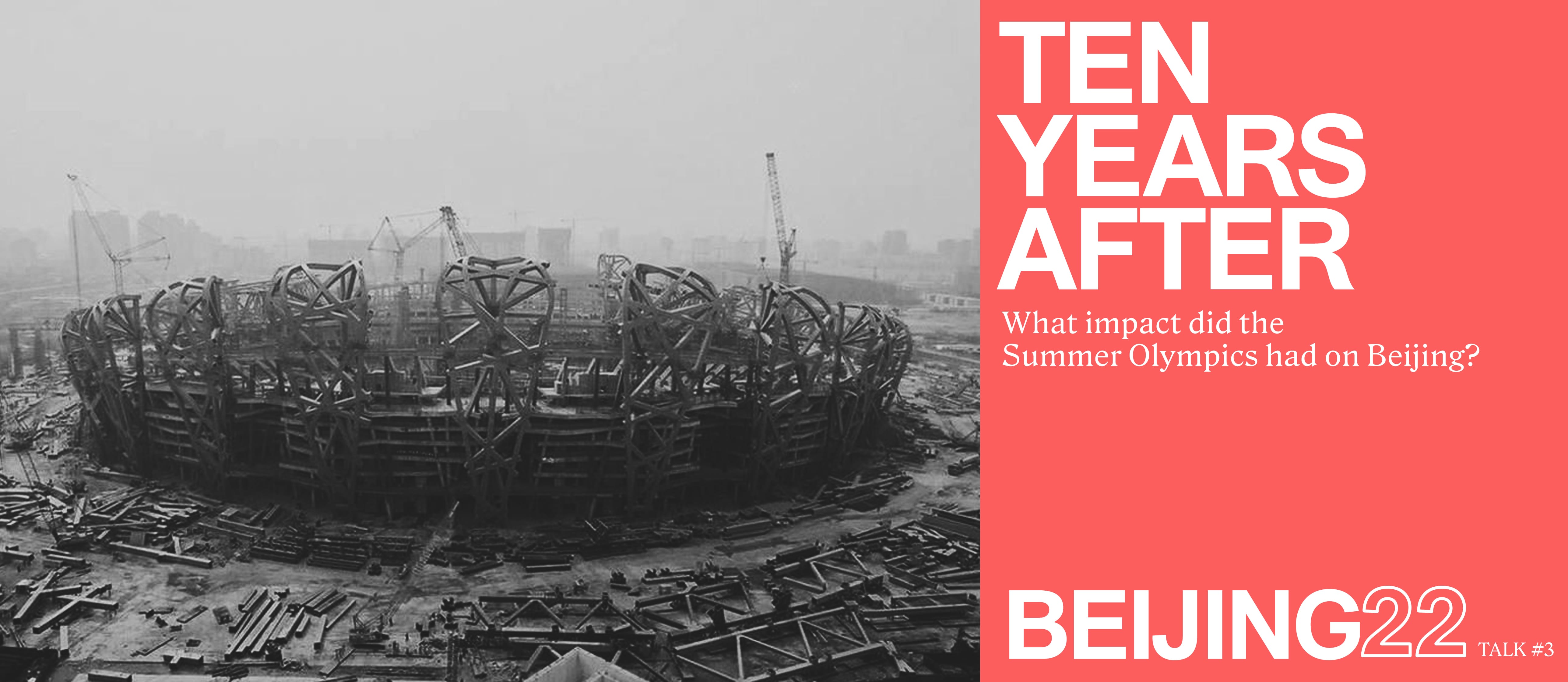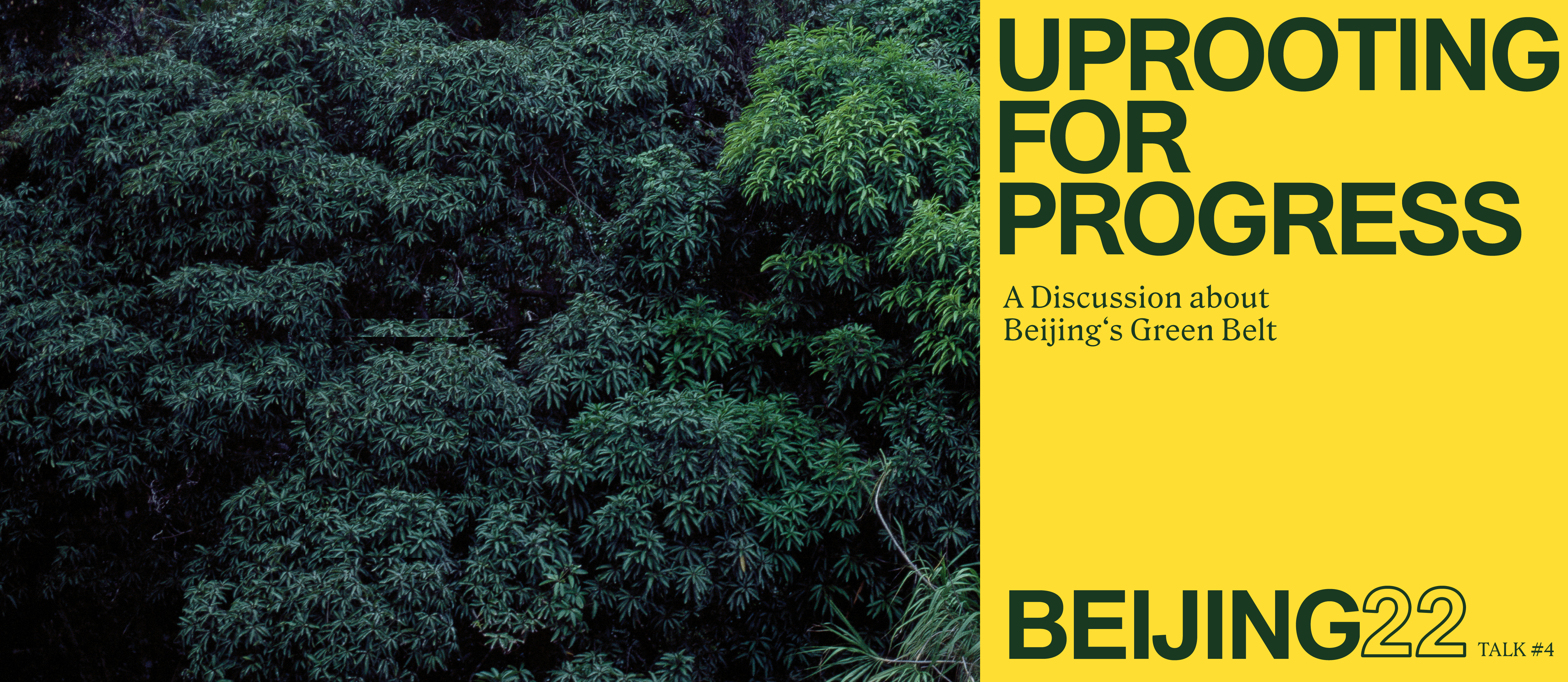A Thousand-Year Stage (2019) is an experimental non-fiction film that features local residents of XionganNew Area. By Daphne Xu
A Thousand-Year Stage
千年舞台
by Daphne Xu

A Thousand-Year Stage (2019) is an experimental non-fiction film that features local residents of XionganNew Area, Chinaʼs most recently planned megacity, awaiting its transformation.
a high-speed rail station, that is built at a scale far larger than its rural surroundings
In this transitional moment in the history of the region, I center A Thousand-Year Stage on a similarly transient (non)place, the high-speed rail station. The film combines observational footage of local residents with staged performances on current and proposed high-speed rail stations in Xiongan New Area. Foregrounding the station and its occupants captures the physical and temporal collapsing of scales that occurs when a high-speed rail station is built at a scale far larger than its rural surroundings, cutting across landscapes at a speed much faster than the local pace of life.
I was drawn towards everyday theatrics, choreographies of labor, and acts of self-performance in Xiongan New Area. The sweet sentimentality of Chinese love songs performed in karaoke by local residents and migrant workers is situated in dialogue with the blankness of emptied landscapes waiting to be transformed, and the overtness of Chinese propaganda around the ideals for this site. The loud personalities of local livestreaming celebrities and the dance music they blast over fields and plazas creates an effect of disjunction, revealing a portrait of contemporary Chinese life not typically associated with rural China or on view in Western media. While filming, I allow my camera frame to become a stage, and I position local residents and migrant workers as performers.
With cities expanding at unimaginable rates to an unprecedented geographic scale, Chinese urbanization can be a marvel, but it is also a lived experience. What does it mean for Chinese people, both of Chinese citizenship and from the Sino diaspora, of which I identify, to experience change that is so rapid that the hometowns and motherlands of our family’s memories become unrecognizable overnight? With this question as a driving source of my curiosity, I began investigating the cultural impacts of rapid urbanization in China, specifically in the context of Xiongan New Area, in 2018. A Thousand-Year Stage is the beginning of a long-term project exploring and documenting the region’s transformation.
Website: Daphne Xu
view more
 Place of the Day – Urban Utopia and the Nostalgic Garden
by Weili Zhang
This essay discusses the titular terminologies (Utopia, Nostalgia, Garden and Place) in relation to each other, showing how various concepts are interlinked through a brief account of history and observations of contemporary Chinese society.
positions
→ featured
Place of the Day – Urban Utopia and the Nostalgic Garden
by Weili Zhang
This essay discusses the titular terminologies (Utopia, Nostalgia, Garden and Place) in relation to each other, showing how various concepts are interlinked through a brief account of history and observations of contemporary Chinese society.
positions
→ featured
 Stranger Than Science-Fiction?
by Samuel Kay and Muxia Liu
Urban Inequality, Density, and the Spatial Imaginaries of Beijing’s City Plan and Hao Jingfang’s Folding Beijing
residencyprojects
→ featured
Stranger Than Science-Fiction?
by Samuel Kay and Muxia Liu
Urban Inequality, Density, and the Spatial Imaginaries of Beijing’s City Plan and Hao Jingfang’s Folding Beijing
residencyprojects
→ featured
 Walls and WalnutsMar 10, 2020
An ongoing project in a collaboration with artists Zhangbolong Liu and Jialin Yang
research-grantsprojects
Walls and WalnutsMar 10, 2020
An ongoing project in a collaboration with artists Zhangbolong Liu and Jialin Yang
research-grantsprojects
 A Thousand-Year StageAugust 2019
A Thousand-Year Stage (2019) is an experimental non-fiction film that features local residents of Xiongan New Area, Chinaʼs most recently planned megacity, awaiting its transformation. By Daphne Xu.
exhibitionprojects
A Thousand-Year StageAugust 2019
A Thousand-Year Stage (2019) is an experimental non-fiction film that features local residents of Xiongan New Area, Chinaʼs most recently planned megacity, awaiting its transformation. By Daphne Xu.
exhibitionprojects
past talks
 Talk No. 5: Seeing the OlympicsDec 7, 2019
Visual Communication and Image-Making.
talkconversations
Talk No. 5: Seeing the OlympicsDec 7, 2019
Visual Communication and Image-Making.
talkconversations
 Talk No. 3: Ten Years afterDec 15th, 2019
In what way does the Beijing pre and post-Olympics Beijing differ? How are events like the Olympics utilized for a Chinese urbanization model?
talkconversations
Talk No. 3: Ten Years afterDec 15th, 2019
In what way does the Beijing pre and post-Olympics Beijing differ? How are events like the Olympics utilized for a Chinese urbanization model?
talkconversations
 Talk No. 4: Green BeltNov 2, 2019
A common problem that cities all around the world are sharing is the growing urban pollution problem.
talkconversations
Talk No. 4: Green BeltNov 2, 2019
A common problem that cities all around the world are sharing is the growing urban pollution problem.
talkconversations

